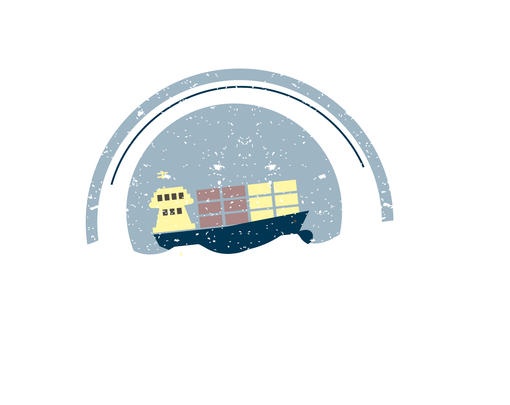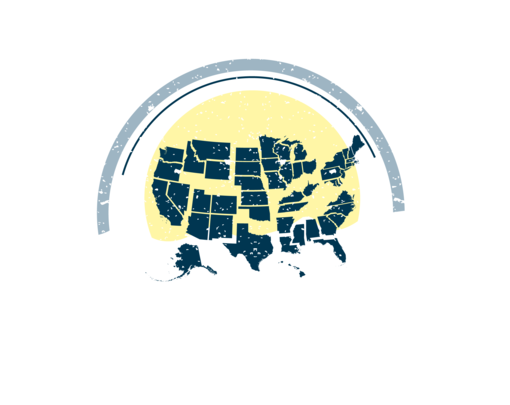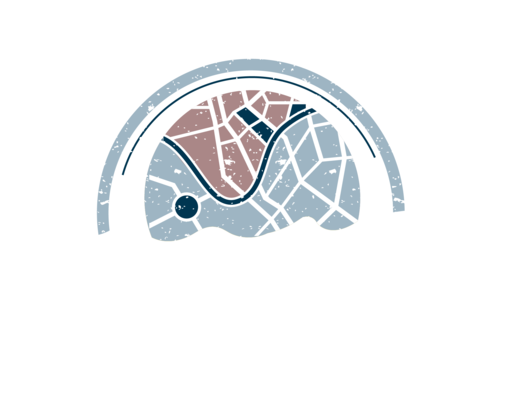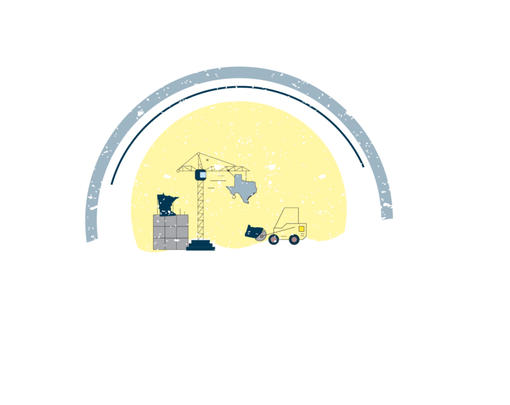Why is culture a key part of the pluralist commonwealth?
Too often, proposals for political economic alternatives rest on a mistaken assumption that with the correct laws, policies, and mechanisms, the desired results will automatically follow. This was a classic error, for instance, in the more “vulgar” Marxisms, which advanced a belief that transformations in the material “base”—i.e. the economic institutions of a society—would necessarily be represented by corresponding transformations in the “superstructure”—society’s ideology and cultural framework. This basic mistake is also widespread in a variety of technocratic interventions and proposals, all assuming that the right institutional design is sufficient to achieve the desired sociopolitical end. It is one of the failings of the contemporary US left that it has to a large extent ceded the territory of economic culture to the right—whose image of self-reliant, independent, proud participants in a capitalist system, however ultimately flawed and myopic, at least provides a coherent worldview in which people can recognize themselves as economic subjects.
The Pluralist Commonwealth vision, on the other hand, recognizes the importance of culture, and insists that any systemic design capable of guaranteeing equitable and sustainable outcomes needs to account for the way in which a community sustaining culture can both be independently nourished and also woven into the patterns created by community institutions.
Take worker ownership, for instance. As the well-studied experience of plywood cooperatives of the Pacific Northwest—in which the shares of workers were sold to outside investors or new members were hired as non-participating wage workers—showed, there is nothing intrinsic to democratic OWNERSHIP that checks a tendency to maximize profit at the expense of the community or even the long-term future wellbeing of the workers themselves. What is required—and what many contemporary worker cooperative advocates fully understand—is that the basic institutions of cooperative ownership need to be enmeshed in a cultural framework that establishes norms of racial and economic justice.
Another example comes from PLANNING. In the Pluralist Commonwealth, nonprofit and public institutions and policies are the non-market mechanisms used to achieve the kind of community stability that makes ecological and community-nurturing sense. But will the mere existence of the capacity for planning (i.e. planners and a legal/political framework) ensure ecologically sane outcomes? On the contrary, without democratic control, the development of a general culture of ecological responsibility, and planners committed to and educated within such a culture, there is nothing to suggest that the new plans will be the right ones.
What are the most important strategies for building such a culture?
It is first helpful to recognize that the project of creating and nourishing a culture capable of supporting and animating a Pluralist Commonwealth is equivalent to the establishment of a new common sense. While oppositional cultures, grounded in resistance and antagonism, certainly have a role to play in mobilizing popular movements for equity and justice, a true systemic alternative will very likely depend on changing the basic understanding of society, the economy, and ideas like COMMUNITY and LIBERTY for everyone. In other words, while calling out injustice and capitalism’s many failures is critical, if cultural interventions serve only to reinforce the camp of the righteous, whose identification depends on a corresponding identification of the wicked, we may be trading short-term ideological energy for long-term cultural gridlock. Our task, however difficult, is to imagine a new AMERICA, not to narrowly mobilize one other camp within it. Practically speaking, this means at the very least exploring methods of framing our ideological interventions whenever possible in ways which do not reinforce existing divides, but rather which undermine and transform the deeper layers of “common sense” presuppositions that currently forestall the emergence of new structural possibilities.
What are some examples of the development of the cultural transformations toward democratic society at work today?
BALLE—the Business Alliance for Local Living Economies—is an interesting example of the kind of cultural organizing needed to support the emergence of a Pluralist Commonwealth. Small business, for many orthodox anti-capitalists, represents only a petty bourgeois stratum, at best neutral in the class struggle. What BALLE, founded in 2001, understands is that there is in many (but certainly not all) small local businesses a commitment to place, a connection to community, distrust of large corporations and banks, relative insulation from the more extreme dynamics of the public capital markets that is compatible with and indeed desirable in a next system.1
Many if not most small businesspeople are also open to and supportive of cooperative and other commonwealth institutions. What BALLE provides is a framework that, by lifting up and connecting forward-thinking local entrepreneurs, helps shift the discourse around “business” towards an alternative systemic vision, built around shared values centered in community and ecological sustainability. A related national effort is that of the American Sustainable Business Alliance, which stresses social and ecological responsibility, does battle at the national level with the National Chamber of Commerce and other organizations dominated by major corporate power, and which supported unions against the attacks of Governor Scott Walker in Wisconsin.2
A deeper example is the work of the late Grace Lee Boggs to help the Detroit communities she called home for decades collectively experience pathways to postindustrial survival. For Boggs, the process of social transformation necessarily depended on personal and community transformations, materially changing the basic orientations of everyday life while simultaneously creating a new “structure of feeling.”3
Small practices—like the gardens underpinning a decentralized vision of urban food sovereignty—provide the scaffold on which this double transformation unfolds.
See also:
AMERICA, COMMUNITY, LIBERTY, OWNERSHIP, PLANNING
Further reading
Antonio Gramsci, Selections from the Prison Notebooks (New York, NY: International Publishers, 1971).
David Morley and Kuan-Hsing Chen, Stuart Hall: Critical Dialogues in Cultural Studies (New York, NY: Routledge, 1996).
Edward S. Greenberg, Workplace Democracy: The Political Effects of Participation (Ithaca, NY: Cornell University Press, 1986).
Grace Lee Boggs and Scott Kurashige, The Next American Revolution (Berkeley, CA: University of California Press 2012).
Keane Bhatt and Steve Dubb, Educate and Empower: Tools for Building Community Wealth (Takoma Park, MD: The Democracy Collaborative, August 10, 2015).
Raymond Williams, The Long Revolution (New York, NY: Broadview Press, 2001 [1961]).
Robert E. Lane, “From Politics to Industrial Democracy?” Polity, 17, no. 4(1985): 623-648.
- 1“BALLE History,” BALLE, accessed November 3, 2016.
- 2 “Issues,” American Sustainable Business Council, accessed November 3, 2016.
- 3Grace Lee Boggs (with Scott Kurashige), The Next American Revolution: Sustainable Activism for the Twenty-First Century (Berkeley: University of California Press, 2012).





























